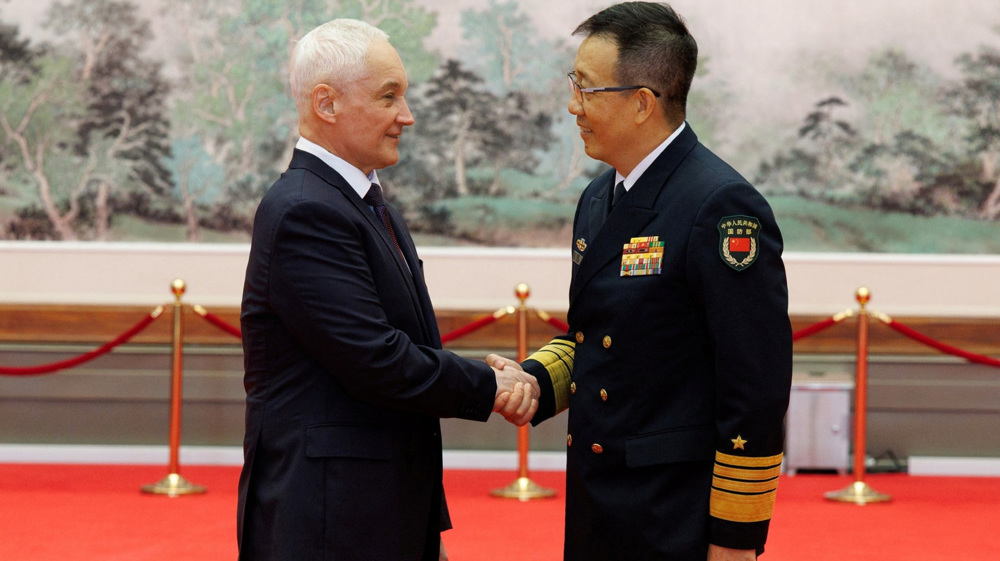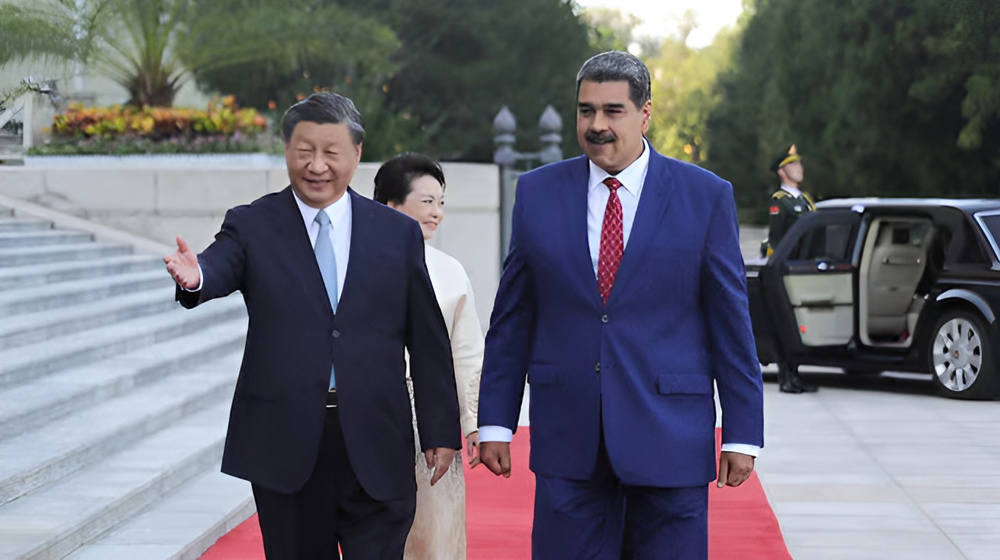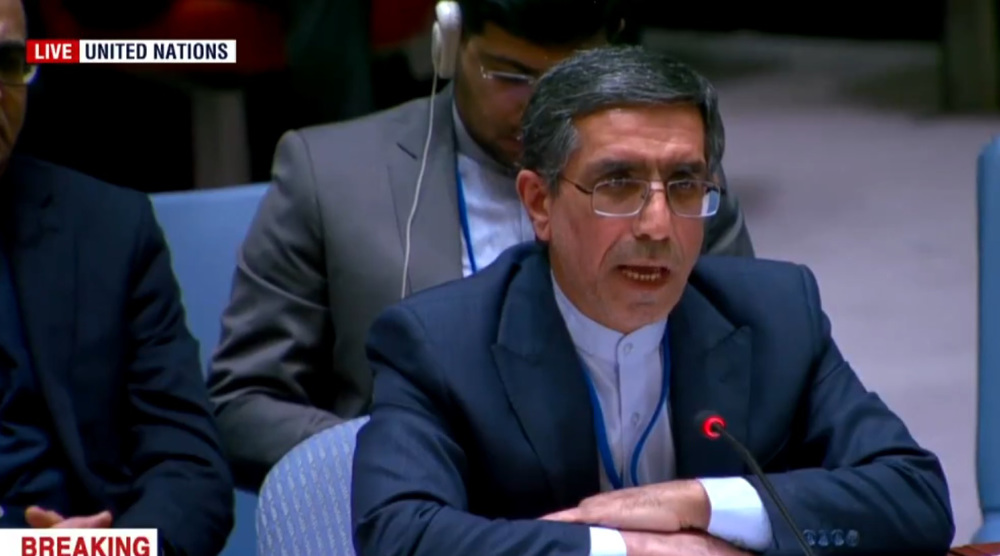HK police make 53 arrests during unlawful march against natl. security law
Police in Hong Kong have made dozens of arrests as clashes break out during a protest against a national security law planned to be introduced by mainland China in the semi-autonomous region.
Hundreds of people marched through the Kowloon district of Hong Kong amid tight security on Sunday, as China’s legislature — the National People’s Congress — began to review the draft law designed to forbid sedition, secession and subversion against the mainland.
The gathering, however, turned violent later as the demonstrators failed to heed police warnings to end the unauthorized march and began shouting slogans at the security forces in what was supposed to be a “silent protest.”
The protesters later engaged in scuffles with police, prompting the security forces to respond with pepper spray.
Police later said 53 people had been arrested and charged with unlawful assembly. They added that some protesters had attempted to blockade roads in the area.

A day earlier, police had refused to grant permission for an annual march usually held on July 1 to mark Hong Kong’s return in 1997 from British to Chinese rule, citing a ban on large gatherings amid the coronavirus pandemic.
The protest was held as the National People’s Congress Standing Committee took up the bill at the start of a three-day session. Chinese media reported that lawmakers overwhelmingly supported the draft law.
Beijing has said it is determined to enact the law, with its passage expected by Tuesday.
Critics call the proposed legislation the culmination of a long-term erosion of the “One Country, Two Systems” law, under which Hong Kong is allowed some autonomy.
Beijing has, however, dismissed that view, assuring Hong Kong’s residents that the law grants the mainland special jurisdiction over “some extremely rare” security cases there.
Earlier this month, Zhang Xiaoming, deputy director of the Hong Kong and Macau Affairs Office, said the law will “be like installing anti-virus software into Hong Kong, with ‘One Country, Two Systems’ running more safely, smoothly and enduringly.”
The proposed legislation follows months of protests — eventually ended by the pandemic — that began last summer after Hong Kong leader Carrie Lam introduced a measure that would have allowed the extradition of some criminal suspects to China.
Lam pulled the bill, but protests continued with demonstrators calling for her resignation and a probe into police brutality.
IRGC: Iran holds upper hand in determining any war’s endgame
'Fingers on trigger': Iran warns of strong response while signaling openness to 'fair' deal
Iran’s power makes any hostile military action 'high-risk': IRGC deputy cmdr.
India's PM Modi pays tribute to veteran politician killed in plane crash
Slovak PM describes Trump’s state of mind as 'dangerous' to EU leaders
Yemen’s Ansarullah warns US of aircraft carrier deployment in Red Sea
Netanyahu plans to maintain Israeli ‘security control’ of Gaza
Even a limited US strike will bring regretful response: Iran










 This makes it easy to access the Press TV website
This makes it easy to access the Press TV website